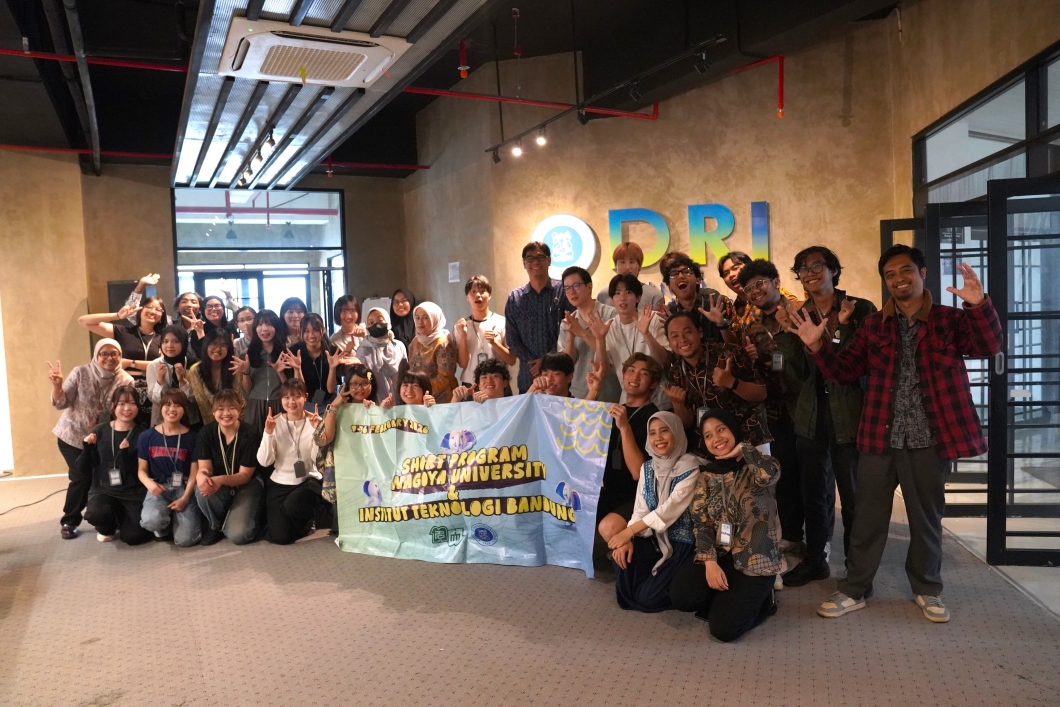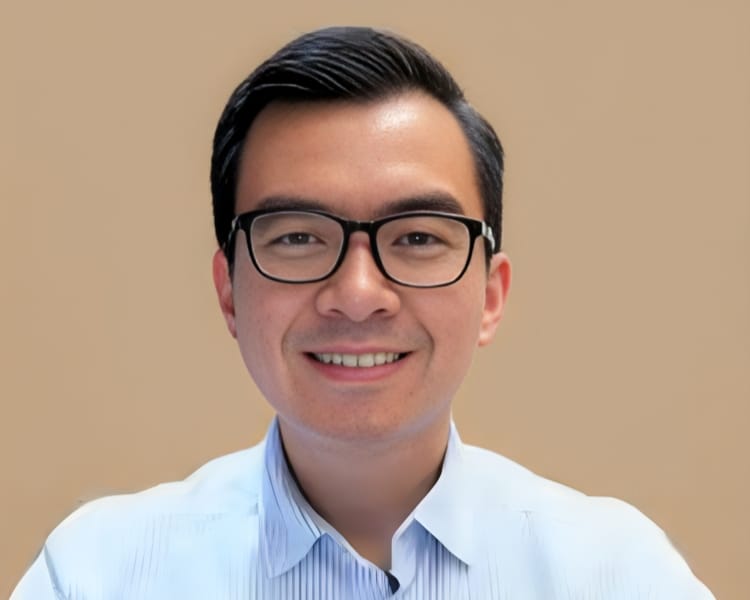ITB and IIASA Tie Cooperation in Research and Technology
By Adi Permana
Editor Adi Permana

BANDUNG, itb.ac.id – Institut Teknologi Bandung ties cooperation with an Austrian research institution, International Institute for Applied System Analysis (IIASA). This cooperation is expected to yield cross-discipline research activities, which will begin with collaboration in BECCS (Bio-energy combined with Carbon Capture and Storage). Cooperation with IIASA is marked with MoU signing ceremony at Executive Meeting Room, ITB’s Rector Building, Jalan Tamansari, Bandung, on Tuesday (24/7/2018).
Those lecturers comes from Faculty of Industrial Technology, Faculty of Mining and Petroleum Engineering, School of Business and Management, School of Life Sciences and Technology, Center for Energy Policy and Center of Excellence for Carbon Capture, Utilization and Storage (CoE CCS/CCUS). From IIASA, MoU signing was represented by Deputy Program Director of Ecosystems Services and Management (ESM) Program, Dr. Florian Kraxner, who also delivered a remark.
With the cooperation in BECSS beginning soon, it is expected that interactions between ITB and IIASA will be established. The interactions are mobilization of scientists and experts from both parties in developing and implementing joint excellence research project with third parties’ funding; Post-graduate students exchange; information exchange, including access to relevant database; joint scientific publication, participation of research and academic staffs in seminars and conferences; and other collaborations.
Rector of ITB warmly welcomes the cooperation because ITB has declared to move from Research University towards Entrepreneurial University. One of the indicators towards the goal is having International Research Project.
“Today, I have witnessed MoU signing between we and you about one international project concerning carbon capture storage and bioenergy. I am very glad because today we have been successful to have one additional international project. So I think that it is very in line with our new direction towards entrepreneurial university,” said Prof. Kadarsah in his remark.
After the occasion, one of IIASA’s research staff, Ping Yogawarna, said that IIASA has initiated cooperation with several centers and research groups in ITB, such as Center for Energy Policy, Center for New and Renewable Energy, CoE CSS/CCUS and other research groups in SBM-ITB and SITH-ITB.
With this MoU, the protection for IIASA and ITB in institutional level has been set. “The aim is to protect all potential collaboration that has been initiated. IIASA fortunately have many interaction with several research centers in ITB so that the need for protection that integrates all those activities is important,” Ping said.
Specifically, Ping said that the sector mentioned on the cooperation is BECSS. The topic is complex, since it combines two complex sectors, field sector and energy sector. IIASA is an international research institution headquartered in Laxenberg, Austria which engages in modelling of complex issues.
The institution is experienced in connecting research groups of various knowledge disciplines from various countries. “We always expect to have sparring partners from various countries, including experts from ITB, who will bring the context of Indonesia. ITB has important role for research topic that needs to connect several countries under a global research”, Ping said
Meanwhile, Dr. Mohammad Rachmat Sule as Center Manager of CoE CCS/CCUS added that ITB is currently preparing the first CCS Pilot Project in South East Asia and South Asia, where the CO2 source for the pilot project is obtained from oil and petroleum industries. This pilot project will contribute to reduction of carbon emissions regionally and globally.
However, since IIASA also invites ITB to develop BECCS, this will be very important for Indonesia as one of forest centers in the world, especially if energy generated from bio-energy can be utilized broadly in the future. “Bio-energy is classified as a type of energy characterized by zero carbon emission. Combined with CCS, bio-energy will be contributor for negative emission”, Rachmat concluded.




.jpg)
.jpg)



